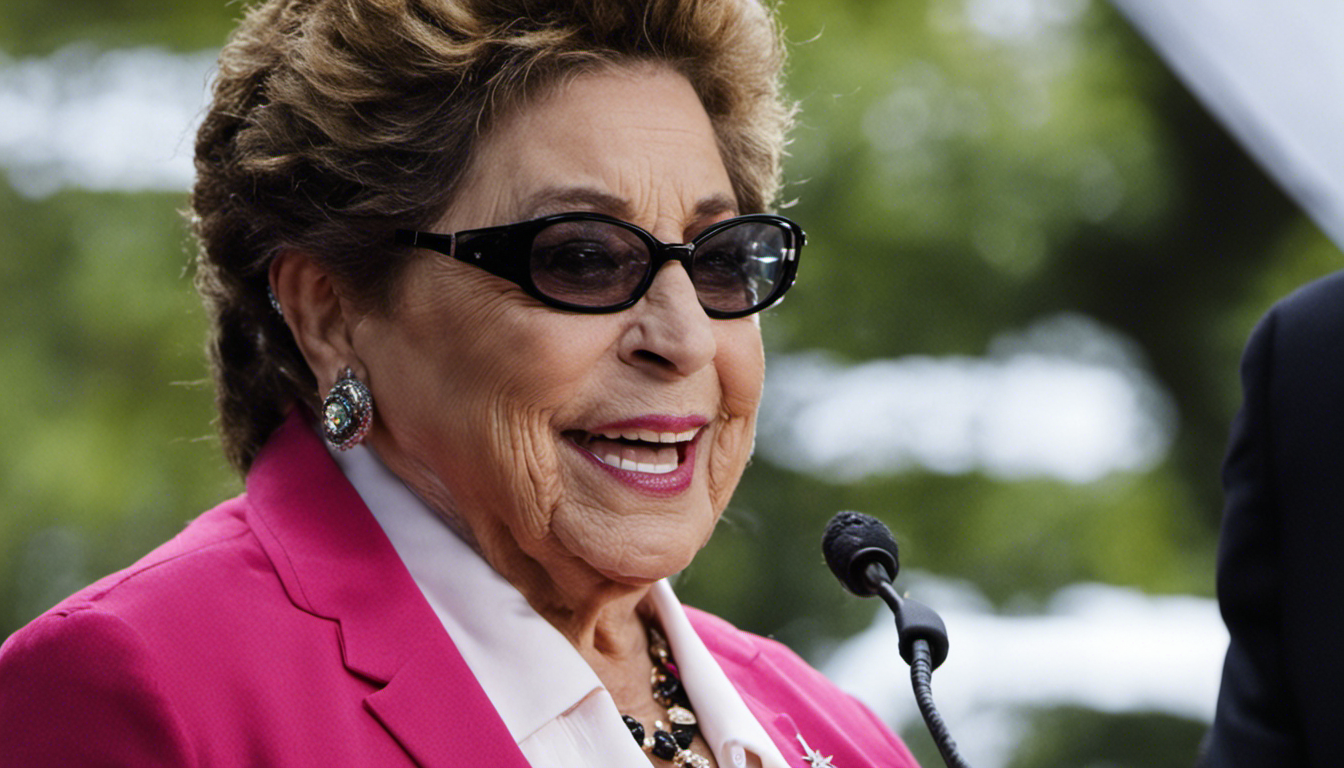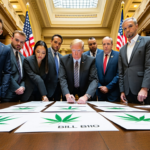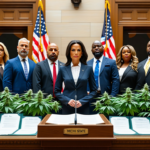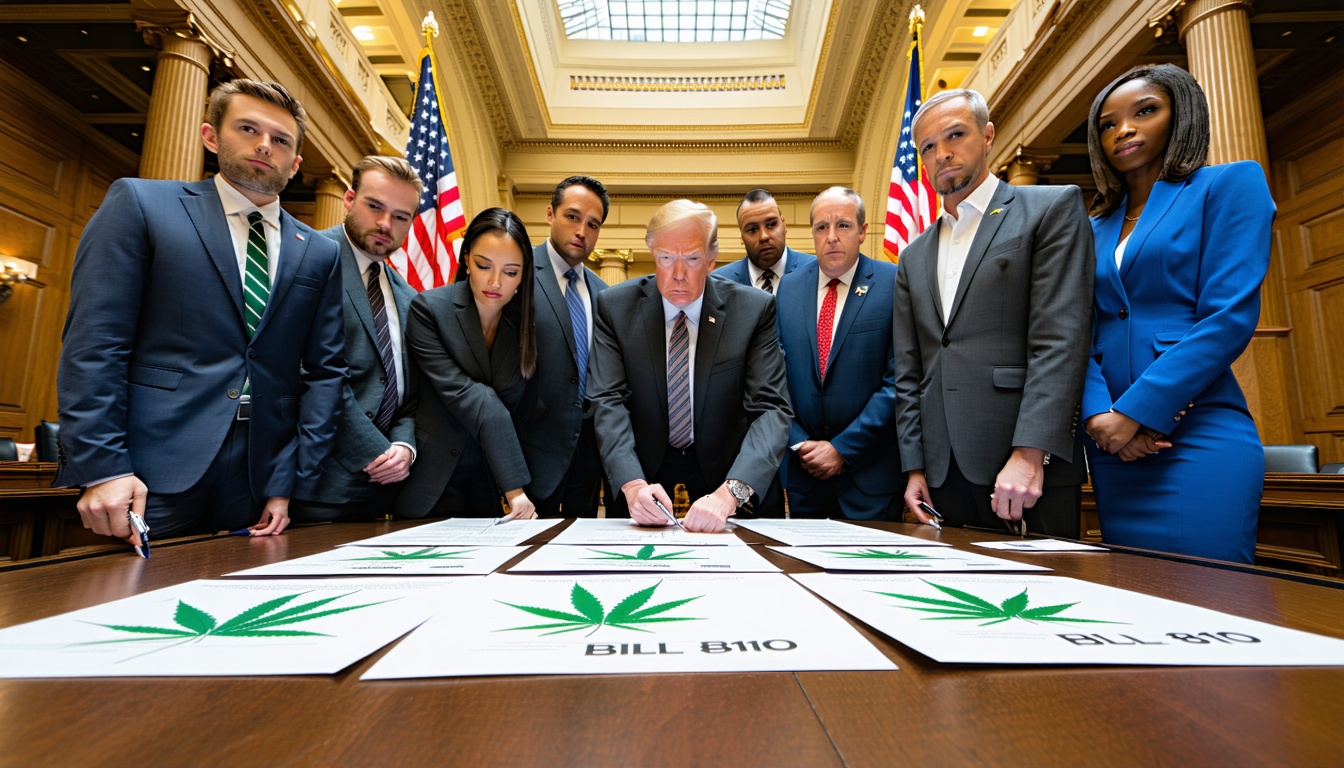Former Top Health Official Urges ‘No’ Vote on Florida Marijuana Legalization Initiative
Donna Shalala, the former head of the U.S. Department of Health and Human Services under President Bill Clinton, is urging Florida voters to reject a marijuana legalization initiative that will appear on the November ballot. Shalala argues that the initiative would create a “new addiction-for-profit industry” in the state and that the solution to addressing the harms of criminalization should be decriminalization, rather than adult-use legalization.
In an op-ed published in The Miami Herald, Shalala cited her experience in the Clinton administration, as well as her time in Congress and as a top university administrator, as informing her opposition to Amendment 3. She claimed that the marijuana industry has taken a page out of Big Tobacco’s playbook by advertising high-potency, kid-friendly products and that the initiative would disproportionately benefit major marijuana corporations.
Shalala also argued that the initiative would increase the prevalence of marijuana addiction among youth and that the solution should be decriminalization, rather than legalization. She pointed to tobacco industry investments in the Canadian cannabis marketplace and claimed that Big Tobacco wants to trick the American public again by pushing for marijuana legalization.
Shalala’s opposition to the initiative is in line with that of Florida Governor Ron DeSantis, who has frequently made the argument that Floridians “don’t want to smell marijuana on our beautiful beaches and in our cities and towns.” Shalala echoed this point, saying that the initiative would lead to the smell of marijuana being present in public spaces.
On the other hand, Nikki Fried, the chair of the Florida Democratic Party and a former state agriculture commissioner, has endorsed Amendment 3 and laid out a framework for regulating cannabis that she thinks the legislature should enact if voters do approve the reform. This includes automatic expungements for prior marijuana convictions, taking steps to mitigate the risk of monopolization in the industry, and directing tax revenue to Black communities and education.
The Florida legalization initiative has seen a mixed bag of support and opposition from lawmakers, officials, and organizations across the political ideological spectrum. While polling has consistently demonstrated that the ballot measure enjoys majority support from Democrats and Republicans alike, Florida’s governor has not relented in his crusade to defeat it.












